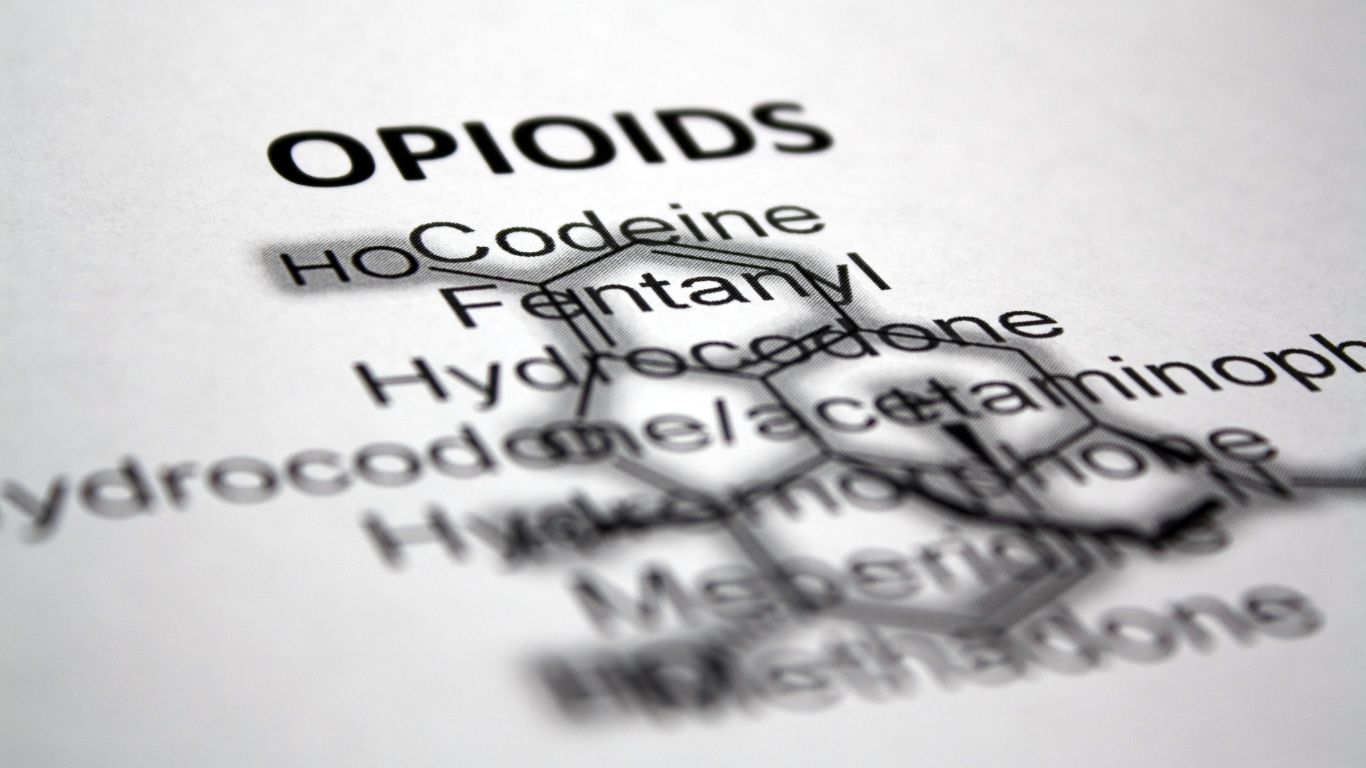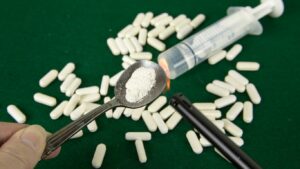How Effective is Addiction Treatment for Opioids?
The effectiveness of Opioid Use Disorder (OUD) treatment truly exists on a sliding scale. Someone can have access to every treatment for substance use disorder possible, but without the desire to work on the underlying causes of drug abuse and mental health disorders that are often related, relapse is one of the definitive patient outcomes for this individual.
On the other end of the spectrum, someone who truly wants to live a life free from substance abuse and mental illness and diligently follows their OUD treatment plan, will be greatly supported in recovery and long-term sobriety from drugs and alcohol is a definitive reality for them.
Essentially, the treatments themselves are entirely effective, but they still need to be utilized by someone who is willing to work with the treatments, not passively or against them.
What are Some Proven Effective Treatments for Opioid Addiction?
Yes, there are several medications that help reduce opioid cravings and withdrawal and there are multiple evidence-based therapies that are highly effective in treating opioid use disorder.
Is there a one-size-fits-all approach to opioid addiction? No, and there also is not magic pill or treatment that completely erases opioid addiction. Substance use disorder is a disease of the brain that requires a customized approach to the individual’s lifestyle, mental health, and resources in order to maintain long-term recovery from opioid addiction.
However, with the use of these proven medications and therapies, recovery is 100% possible for anyone struggling with opioid use disorders.
Medical Detox for Opioids: Medications for Withdrawal
The first stage of treating opioid addiction for those who have recently discontinued the use of opioid products is often medical detox. This is a process that can alleviate the symptoms of opioid withdrawal with FDA-approved medications so that the behavioral therapy portion of opioid addiction recovery can begin.
Medications used in Detox from Opioids include:
- Loperamide- for diarrhea
- Promethazine- for nausea and vomiting
- Ibuprofen- for skin and muscle aches
- Clonidine- to reduce blood pressure
Medications that Treat Opioid Addiction: Medication-Assisted Treatment (MAT)
Methadone and buprenorphine medications such as suboxone, along with extended-release naltrexone are used after detox to manage opioid cravings. These medications are carefully monitored and administered as Medication Assisted Treatment (MAT) and are used in conjunction with the behavioral health treatment therapies below until the individual can be weaned off of the medications.
Effective Therapeutic Treatments for Opioid Use Disorder
Cognitive Behavioral Therapy (CBT) for Opioid Addiction
CBT is used to help recognize unhealthy behavioral patterns and learn to identify triggers and develop coping skills. Those with opioid addiction may undergo cognitive behavioral therapy while they receive MAT, as the medications used help with the retention of the information revealed during CBT.
Rational Emotive Behavioral Therapy (REBT) for Opioid Addiction
REBT is used to help individuals recognize negative thoughts and give them methods and coping skills to combat feelings of self-defeat with the goal of helping them realize that the power of rational thinking lies within themselves and is not related to external situations or stressors.
Studies have shown that patients who initiated treatment with medication were more likely to remain in therapy and progress from one session to the next compared to those who are going through REBT without medication.
Contingency Management for Opioid Addiction
Contingency management therapy reinforces your positive behavior by giving you tangible rewards. This type of treatment has been used successfully to combat relapse, particularly in cases where patients are using medication for opioid use disorder.
12-Step Programs for Opioid Use
This form of facilitation therapy is a form of group therapy that includes the recognition that addiction has several negative consequences that can be social, emotional, spiritual, and physical. The consistent group meeting structure provides extended accountability to those in recovery through discussion and mutual support experienced by those who are at different stages of their recovery journey. This is especially helpful to those recovering from an addiction to opioids since many do not believe they will pass the point of hardship they are currently at, especially when they consider themselves dependent on MAT. The support network of 12-step programs proves that many others have successfully recovered from opioid addiction, even when needing MAT at one point themselves.
Effective Opioid Rehab at TruPath
We at TruPath Recovery Centers are proud to offer comprehensive behavioral health treatment programs in fully accredited facilities. We aim to help our clients achieve long-term sobriety through high-quality therapeutic services and customized holistic interventions.
Trupath Recovery treatment facilities are both equipped and qualified to offer effective opioid treatment methods on both the medication and therapeutic sides. We are able to begin and offer methadone maintenance and other FDA-approved medications that alleviate opioid dependence throughout substance use treatment. We are also able to help explore alternative treatment pathways as relapse prevention and treatment for drug addiction progress throughout inpatient care and on to outpatient programs and aftercare.
There is not one road to recovery, everyone will take a different journey to get there depending on their unique situation, which is why it is important to test the effectiveness of different treatment options to determine which one is best suited to the individual. That way, time spent in a recovery program is as efficient as possible.
TruPath is also dedicated to making drug abuse treatment available to all who need it and aim to improve access to recovery resources. If you are concerned about paying for opioid abuse treatment, we are prepared to help you identify what parts of your insurance cover which mental health services and explore other payment options such as loans and private pay.

